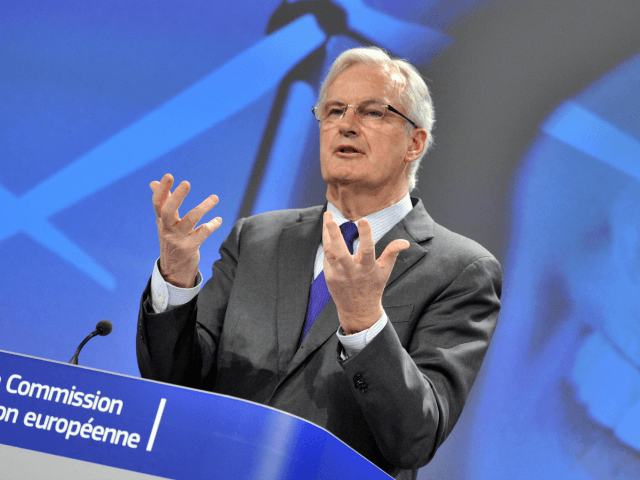The British government is putting forward legislation which would break international law in order to thwart EU efforts to threaten the integrity of the United Kingdom, according to Cabinet Office minister Michael Gove.
Gove, arguably the second-most powerful and influential in Boris Johnson’s Cabinet bar Johnson himself, was referring to the proposed Internal Market Bill, which would give British government ministers the power to disapply elements of the Withdrawal Agreement with the EU if the bloc attempts to use it to ban the importation of food to the British province of Northern Ireland from Great Britain, or to extend EU control over state aid rules in NI to mainland businesses.
“We’re doing our part – generously – to help protect the EU’s own Single Market, but we’re clear that what we can’t have, even as we’re doing all that, is the EU disrupting and putting at threat the integrity of the United Kingdom,” Gove told the BBC on Saturday.
“These steps are a safety net, they’re a long-stop in the event – which I don’t believe will come about but we do need to be ready for – that the EU follow through on what some have said they might do, which is in effect to separate Northern Ireland from the rest of the United Kingdom,” he added.
The British government agreed in the Withdrawal Agreement (WA) — drawn up before the December 2019 general election, when the House of Commons was dominated by Remainers — that if a British-EU trade deal could not be struck in the ongoing 2020 transition period, Northern Ireland would remain subject to certain EU rules in order to preserve its open border with the Republic of Ireland, which is separate from the UK and remains an EU member.
The efforts to alter the deal come as, according to British negotiator Sir David Frost, the EU is threatening to use an extreme interpretation of the WA to seriously disrupt trade between the UK’s constituent nations if it does not submit to the EU’s demands in the negotiations.
Gove’s intervention came shortly before David Cameron followed Britain’s other former prime ministers, Tony Blair, John Major, and Theresa May — who all campaigned against Brexit — in sniping at the plan to disapply aspects of the Withdrawal Agreement, if in less venomous terms than the rest.
“Passing an Act of Parliament and then going on to break an international treaty obligation is the very, very last thing you should contemplate. It should be an absolute final resort, so I do have misgivings about what is being proposed,” said the former Tory leader, who famously broke his own word that he was not step down as Prime Minister if he lost the 2016 EU referendum, reportedly telling aides: “Why should I do all the hard s**t?”
Conservative commentators such as Ambrose Evans-Pritchard, international business editor at The Daily Telegraph, have argued that the Johnson administration is right not to tie its hands behind its act by adhering to largely non-binding international rules, however.
“[I]t is relevant to point out that the EU is a practised abuser of international law,” he wrote on Sunday.
“The EU has systematically refused to comply with the judgments of the World Trade Organisation… culminating in Portugal v Council where the European Court ruled that the EU has no obligation to follow WTO law if it narrows the European Commission’s scope for manoeuvre,” he pointed out, adding that the bloc has also given itself the power to “disregard the UN Charter, the highest text of international law, if the Charter is at odds with the EU’s internal constitutional order. ”
“[The EU] picks and chooses when it will be bound by international law like everybody else. It will not sacrifice core interests, and it is surely the UK’s core interests that are at stake right now” in Northern Ireland, he observed, concluding that the kingdom “has to defend itself against predatory diplomacy, deal or no deal.”

COMMENTS
Please let us know if you're having issues with commenting.